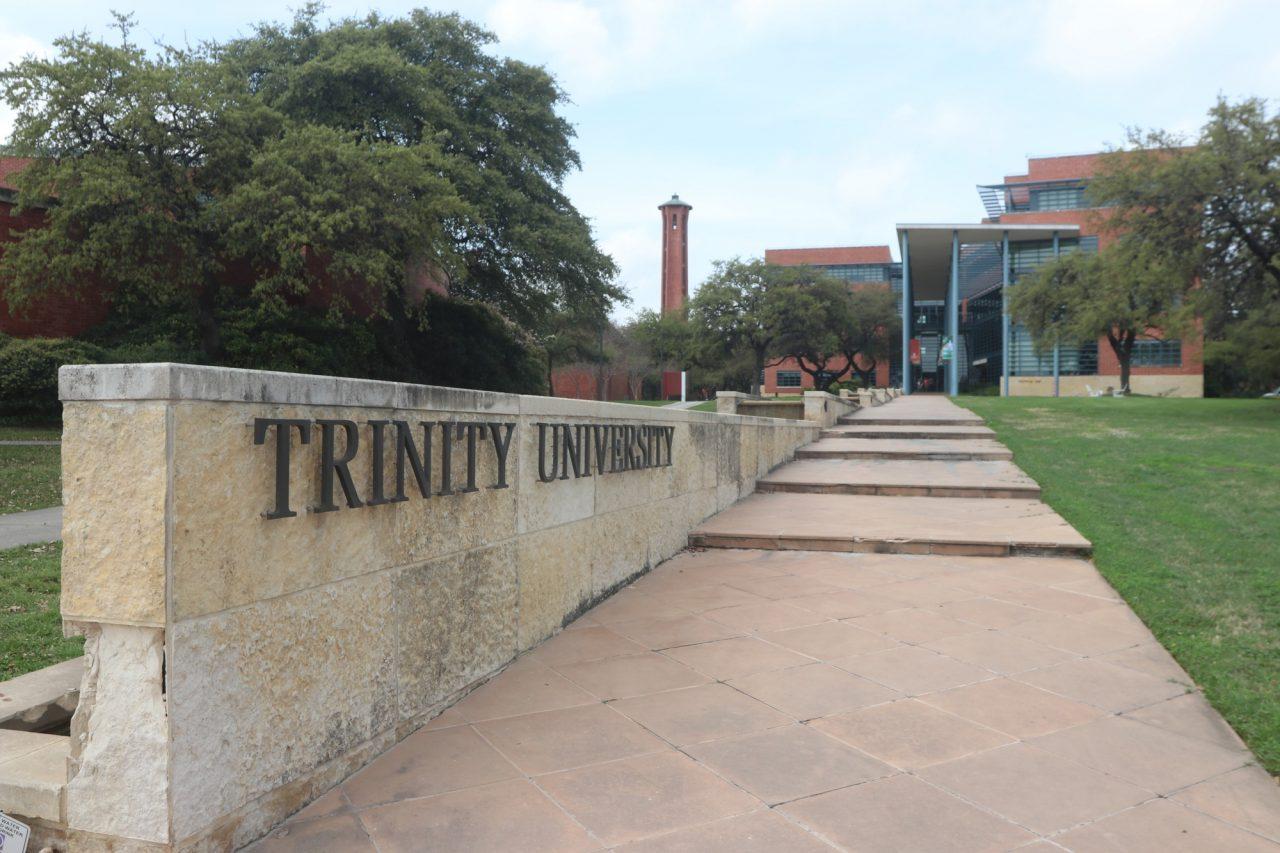Photo by Kathleen Creedon
This article is a part of the Trinitonian’s coverage of Trinity University’s response to the novel coronavirus (COVID-19). Click here to read the rest of our coverage.
Office of Admissions announced in a March 31 press release that beginning with the Class of 2025, they would not require applicants to submit standardized test scores for a three-year pilot period.
The decision to go test-optional comes at a time where many SAT and ACT tests are being canceled due to COVID-19. Trinity is not the only university to make such accommodations — a slew of U.S. colleges and universities announced similar policy changes due to the pandemic.
“With the future being so uncertain, we felt as though a three-year policy was an appropriate step to provide clarity, relief and answers to those students, families and high school counselors facing this crisis,” wrote Eric Maloof, vice president for Enrollment Management.
Eric Maloof was at the center of the decision. He submitted a recommendation to university president Danny Anderson and vice president for Academic Affairs Deneese Jones once it became clear that acquiring test results would be an obstacle for those applying this fall. The recommendation was ultimately brought to the Board of Trustees and approved.
Currently, over 1,000 schools in the U.S. have test-optional policies, with that number spiking upwards in 2019, even before the pandemic. Before now, the Office of Admissions used test scores, behind GPA and high school course rigor, to determine how an applicant could perform at Trinity.
“There is an ever so slightly stronger correlation [between a student’s Trinity GPA and their high school grades and curriculum rigor] when SAT or ACT results are factored in. That slightly stronger predictive validity of a Trinity GPA that comes with factoring in test scores is why we have continued to require test results for all applicants in the past,” Maloof wrote. “Given the impact of the COVID-19 pandemic, we felt like this was the right time to go test-optional and re-evaluate three years from now.”
According to Maloof, this will give the university a chance to reevaluate how it uses standardized test scores when making admissions decisions.
“We will be able to study two enrolled cohorts of students from test-optional classes and better understand whether test submitters and non-submitters perform at similar levels in their early years at Trinity. After three years, we could once again require applicants to submit test results, or we could extend the test-optional policy indefinitely,” Maloof wrote.
Previously, Trinity’s policy allowed students to self-report scores in order to mitigate costs that come with sending scores from private testing companies to schools. Trinity would then verify scores upon a student’s enrollment at the university. The self-reporting policy will remain in place for those who do wish to submit scores.
International students will still be required to submit official English proficiency exam scores.
“The Department of Homeland Security requires that all standards for admission, including English proficiency, are met in order for that university to issue an I-20 document, a required document for the Department of State to issue a student visa,” Maloof explained.
Maloof predicts that the pandemic could impact other enrollment procedures as well.
“The depth of this pandemic will affect long standing enrollment policy and procedures that Trinity has in place, and it’s imperative that we begin re-thinking and perhaps revising some of them. Trinity has the capacity to do test-optional really well, and we view this as an opportunity to redefine achievement in a way that might have overlooked certain students in the past,” Maloof wrote.







